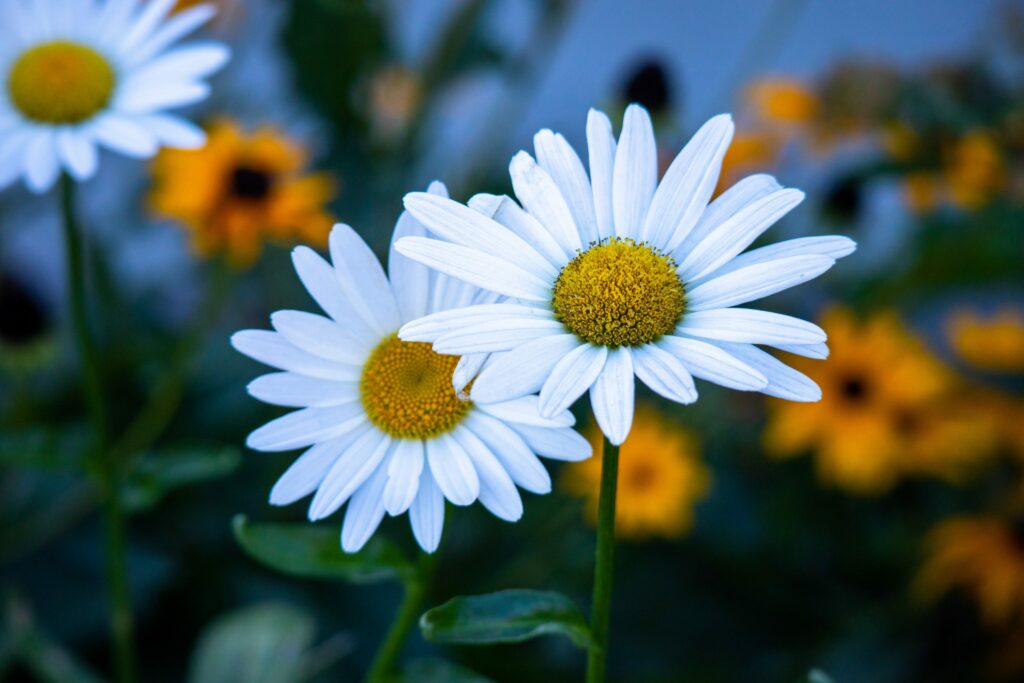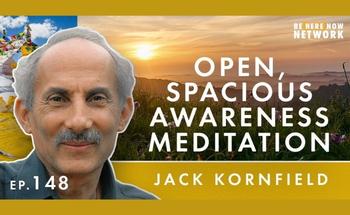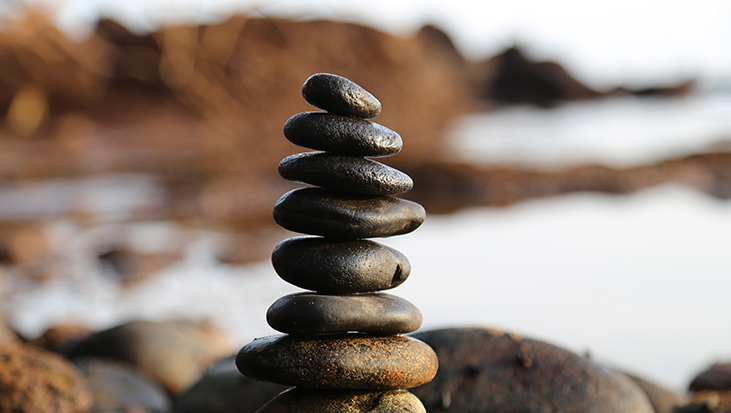Hold yourself as a mother holds her beloved child. —Buddha
We are so quick to judge one another. And just as we are hard on others we are even harder on ourselves. With mindfulness, our natural compassion grows. We can see that we are all carrying our own burden of tears. You and everyone you meet are sharing in some measure of the pain present on the planet. You are called upon to witness this pain—in yourself and others—with compassion. But how can we do this when we live in a time where it seems we have lost contact with the power of mercy and compassion, when we have closed off to the suffering of ourselves and others?
We have to begin to sense the tears for ourselves before we can cry for others. These tears are actually a great gift. They are the same moisture that brings new life out of the dry earth every spring. For the Lakota Sioux, grief is considered a great gift because they believe the gods are closest to us when we are suffering. When a Lakota Sioux has suffered a great loss and is grieving, he or she is considered wacan, or “most holy.” Their prayers are believed to be especially powerful, and others will often ask one who grieves to pray on their behalf.
This doesn’t mean that compassion will be easy, especially when you’ve been betrayed or you’ve suffered some irreplaceable loss. As the Sufis pray, “Overcome any bitterness that may have come because I am not up to the magnitude of the pain that has been entrusted to me.”
You may want to heal, but still find yourself slipping back into old habits of anger and resentment. This can be the most frustrating. After struggling for half a century with the British Empire, Mahatma Gandhi said that his most formidable opponent was not the British Empire or the Indian people, but a man named Mohandas K. Gandhi. “With him I seem to have very little influence.”
But it is necessary to learn that you are worthy of being loved. Buddha put it quite simply: “You can search the whole tenfold universe and not find a single being more worthy of love and compassion than the one seated here—yourself.” Self-compassion and self-forgiveness are not weaknesses, but the roots of our courage and magnanimity. Sometimes compassion for ourselves and others seems hard to find. But even if you lose touch with these feelings during your most intense suffering, compassion is an essential part of our true nature. In fact, it is in this self-compassion and self-love that you find the strength to carry a lamp through your darkest nights. And it is by first practicing self-compassion that you find not only a way to hold your own struggles and sorrows in your heart—but through them you learn how to connect with the sufferings and sorrows of all those around.
This self-compassion helps us all survive. It causes us to jump out of the way of an unexpected fast car as we enter the street. We treasure our life. Self-compassion struggles to keep us alive even in situations of complete abandonment and abuse.
As you go through your difficulties, you can learn to bring a quality of loving care to everything you touch. You will find that love and care have an extraordinary capacity to transform the sorrows of your life into a great stream of compassion.
Be gentle with yourself—it should not be a struggle. Know your limitations. Extend your compassion only as far as you feel your heart opening naturally. Plant your seed of trust. It will grow in its season.
As you face loss, frustration, hurt, and conflict, invite a sense of your own dignity. Sit up, stand up tall. Have respect for yourself, and patience and compassion. With these, you can handle anything.






